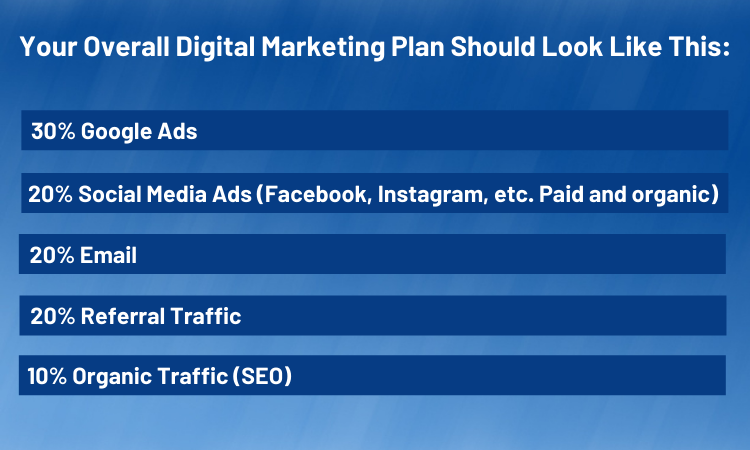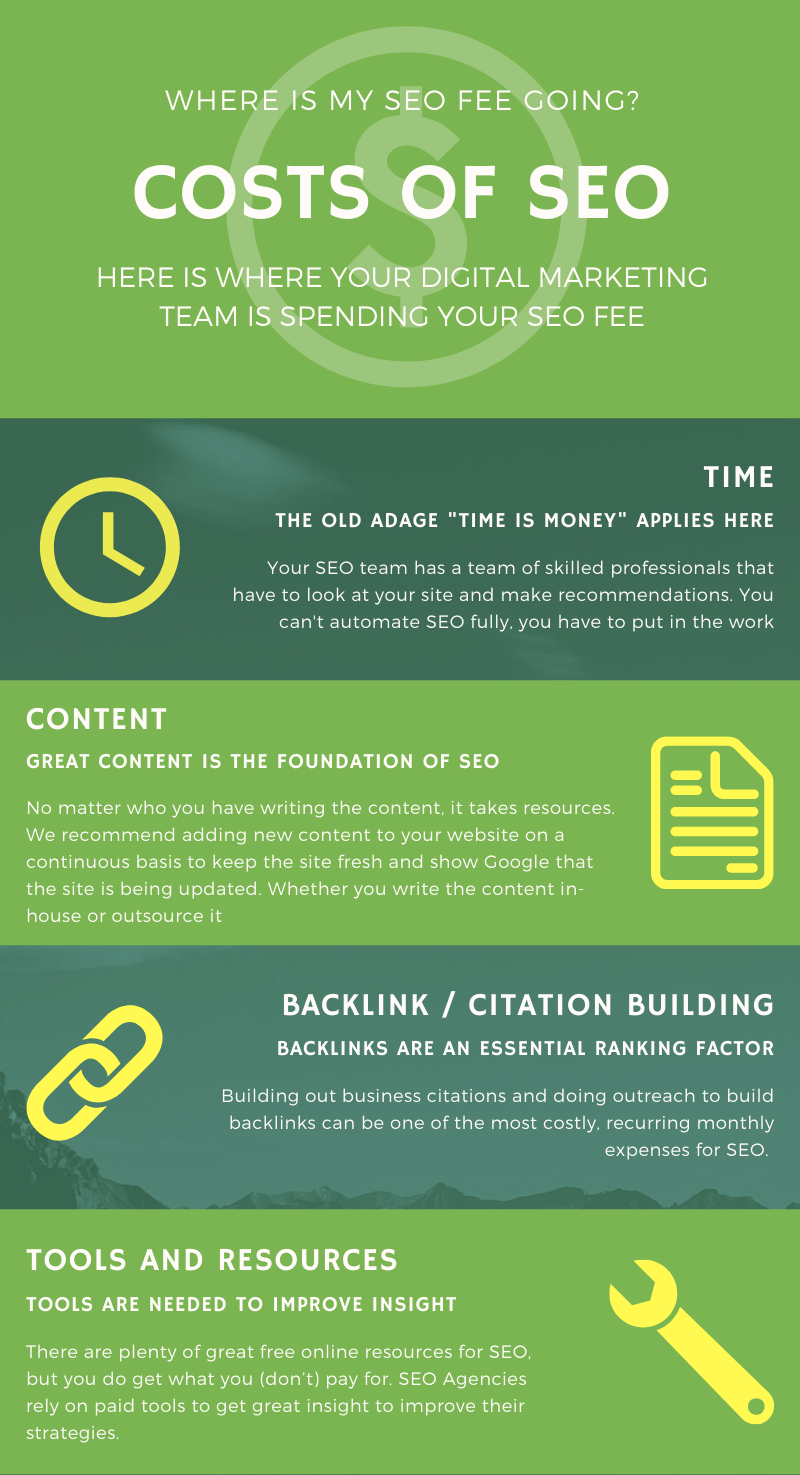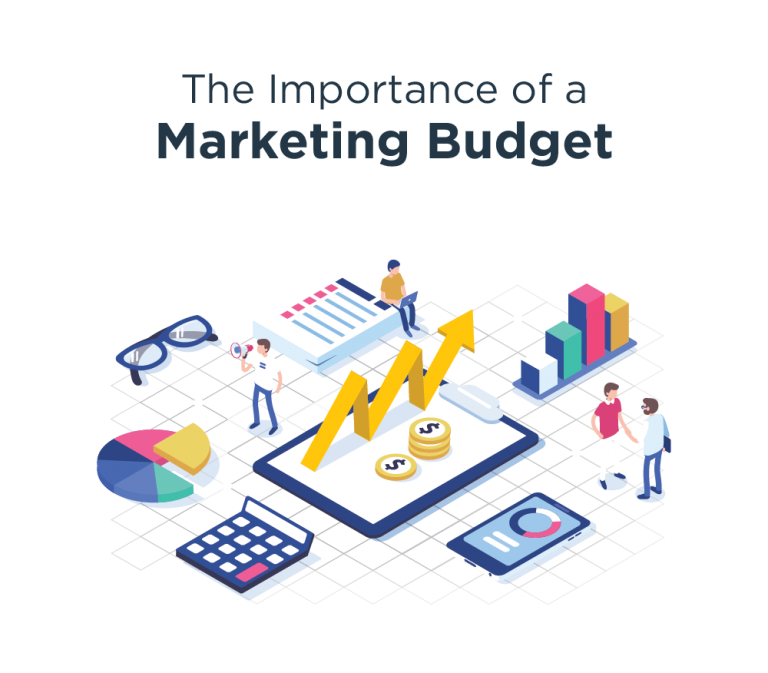
In the digital age, having a strong online presence is not just an advantage—it's a necessity. Search Engine Optimization (SEO) is the backbone of any successful online marketing strategy. But how do you allocate resources to ensure your SEO efforts are effective and sustainable? Creating an SEO budget is a crucial step that can make or break your business growth. Let's dive into the specifics of how to create an SEO budget for your business.
Understanding the Importance of SEO
Before we delve into the nitty-gritty of budgeting, let's understand why SEO is so important. SEO is the process of optimizing your website to increase its visibility on search engines like Google. A well-executed SEO strategy can drive organic traffic, increase brand awareness, and ultimately boost your business growth.
Setting Your SEO Goals
The first step in creating an SEO budget is to set clear, measurable goals. What do you want to achieve with your SEO efforts? Are you looking to increase website traffic, improve conversion rates, or enhance brand visibility? Defining your goals will help you allocate your resources more effectively.
Identifying Your Target Audience
Understanding your target audience is crucial for any marketing strategy, including SEO. Who are your ideal customers? What are their pain points and interests? Knowing your audience will help you create content that resonates with them and drives engagement.
Determining Your SEO Cost
SEO costs can vary widely depending on the scope of your project, your industry, and your goals. Here are some key factors to consider when determining your SEO cost:
In-House vs. Outsourced SEO
One of the first decisions you'll need to make is whether to handle SEO in-house or outsource it to an agency. Both options have their pros and cons. In-house SEO gives you more control and can be more cost-effective in the long run. However, outsourcing to an agency can provide you with specialized expertise and save you time.
SEO Tools and Software
Investing in the right SEO tools and software can significantly enhance your SEO efforts. Tools like SEMrush, Ahrefs, and Moz can help you with keyword research, competitor analysis, and tracking your SEO performance. These tools come at a cost, but they are a worthwhile investment.
Content Creation
High-quality content is the cornerstone of any successful SEO strategy. Whether you're creating blog posts, videos, or infographics, content creation requires time and resources. You may need to hire writers, designers, or videographers to produce engaging content that resonates with your audience.
Allocating Your Marketing Budget
Once you have a clear understanding of your SEO costs, it's time to allocate your marketing budget. Here are some tips to help you make the most of your resources:
Prioritize High-Impact Activities
Not all SEO activities are created equal. Some will have a more significant impact on your business growth than others. Focus on high-impact activities like keyword research, on-page optimization, and link building. These activities can provide a quick return on investment (ROI) and set the foundation for long-term success.
Balance Short-Term and Long-Term Goals
SEO is a marathon, not a sprint. While it's important to focus on short-term wins, don't neglect your long-term goals. Allocate a portion of your budget to activities that will yield long-term benefits, such as building a strong backlink profile and creating evergreen content.
Monitor and Adjust Your Budget
SEO is an ever-evolving field. What works today may not work tomorrow. Regularly monitor your SEO performance and adjust your budget accordingly. If a particular strategy isn't yielding results, don't be afraid to pivot and try something new.
Maximizing Your SEO Investment
To maximize your SEO investment, you need to focus on both efficiency and effectiveness. Here are some tips to help you get the most out of your SEO budget:
Leverage Free Resources
There are plenty of free SEO resources available online. Tools like Google Analytics, Google Search Console, and Yoast SEO can provide valuable insights and help you optimize your website without breaking the bank.
Utilize Existing Assets
Before you start creating new content, take a look at your existing assets. Can you repurpose old blog posts into infographics or videos? Can you update outdated content to make it more relevant? Utilizing your existing assets can save you time and money.
Collaborate with Influencers
Influencer marketing can be a powerful way to boost your SEO efforts. Collaborating with influencers in your industry can help you reach a wider audience, build high-quality backlinks, and increase your brand visibility.
Conclusion
Creating an SEO budget is a critical step in achieving your business growth goals. By understanding the importance of SEO, setting clear goals, determining your costs, and allocating your resources effectively, you can maximize your SEO investment and drive meaningful results.
Remember, SEO is a long-term strategy. It requires patience, persistence, and a willingness to adapt. But with the right approach and a well-thought-out budget, you can transform your online presence and take your business to the next level.
FAQs
How much should I allocate to my SEO budget? The amount you allocate to your SEO budget will depend on your business goals, industry, and available resources. As a general rule, businesses should allocate between 5% and 15% of their total marketing budget to SEO.
What are the most important SEO activities to focus on? The most important SEO activities include keyword research, on-page optimization, content creation, and link building. These activities can provide a quick ROI and set the foundation for long-term success.
Should I handle SEO in-house or outsource it to an agency? Both options have their pros and cons. In-house SEO gives you more control and can be more cost-effective in the long run. However, outsourcing to an agency can provide you with specialized expertise and save you time.
How can I measure the success of my SEO efforts? You can measure the success of your SEO efforts using metrics like organic traffic, conversion rates, keyword rankings, and backlink profile. Tools like Google Analytics and SEMrush can help you track these metrics.
What are some common mistakes to avoid when creating an SEO budget? Common mistakes include underestimating the time and resources required for SEO, focusing solely on short-term wins, and failing to monitor and adjust your budget regularly. Avoiding these mistakes can help you maximize your SEO investment and achieve your business growth goals.


Posting Komentar